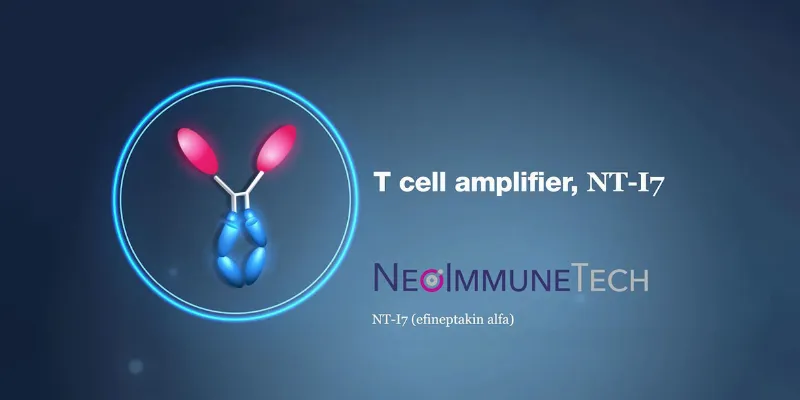FDA Grants Orphan Drug Status to NeoImmuneTech's NT-I7 for Pancreatic Cancer


FDA & EMA |
30 January 2024
The US Food and Drug Administration (FDA) granted Orphan Drug Designation (ODD) to NeoImmuneTech's NT-I7, a promising treatment for pancreatic cancer, one of the deadliest cancers with a low survival rate. NT-I7, a unique therapy enhancing the body's immune response, shows potential in early trials for improving outcomes in pancreatic cancer and other tumors. This designation accelerates NT-I7's development, offering new hope for effective treatment options.
Dr. Luke Oh, President of NeoImmuneTech, shared his optimism, stating, “We are excited that the FDA granted NT-I7 an ODD in the treatment of pancreatic cancer. This decision adds further credibility to our existing evidence that NT-I7 has the potential to bring a much-needed therapy option to people suffering from pancreatic cancer.”
Pancreatic cancer, notorious for its aggressive nature and poor prognosis, continues to be a major health challenge. It's the third deadliest cancer in both the US and the EU, accounting for a staggering 139,000 deaths annually. The disease's stealthy progression often leads to late-stage diagnosis, where existing treatments like chemotherapy and radiation offer limited effectiveness. This grim reality is echoed in the statistics: only 3% of patients with advanced pancreatic cancer survive beyond five years post-diagnosis.
NT-I7: A New Hope
The FDA's acknowledgement of NT-I7's potential marks a significant step forward in NeoImmuneTech's mission to accelerate the clinical development of this promising therapy. Dr. Oh emphasized the company's commitment to collaboration with the FDA, stating, “We look forward to continuing our collaboration with FDA, as we explore the therapeutic benefits of combining NT-I7 with other anti-cancer treatments such as immunotherapies for patients with pancreatic cancer.”
How NT-I7 Works
NT-I7 stands out as the only clinical-stage long-acting human IL-7. It's a game-changer in how it amplifies T cells, crucial in the body’s immune response to cancer. This increase in T cell count and functionality could significantly enhance the effectiveness of existing cancer therapies. NT-I7 has shown promise in early clinical trials, offering potential benefits not just for pancreatic cancer but for a range of solid tumors and other immunologic indications.
The Significance of Orphan Drug Designation
ODD is a critical FDA program aimed at encouraging the development of treatments for rare diseases, defined as conditions affecting fewer than 200,000 people in the US. The designation brings several benefits, including tax credits, market exclusivity post-approval, and assistance in clinical trial design, potentially speeding up the availability of new therapies.











Comments
No Comments Yet!